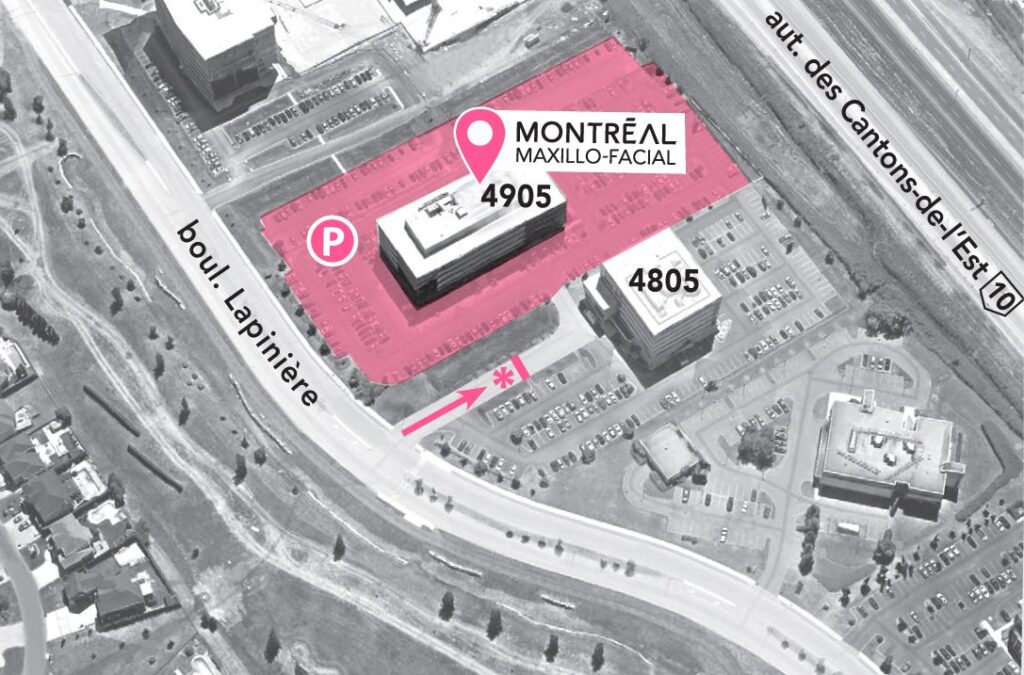COMFORT
SAFETY
EXPERTISE
APPOINTMENT REQUEST
MEDICAL QUESTIONNAIRE
FREQUENTLY ASKED QUESTIONS
REFER A PATIENT
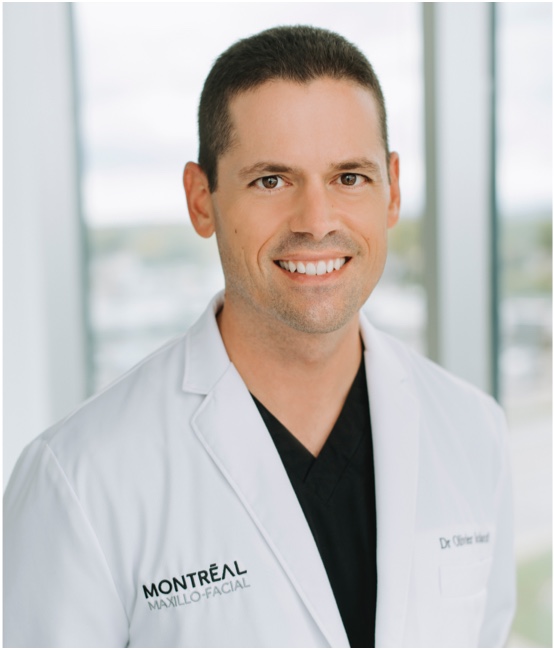
Dr Olivier Béchard
DMD MSc FRCD(C)
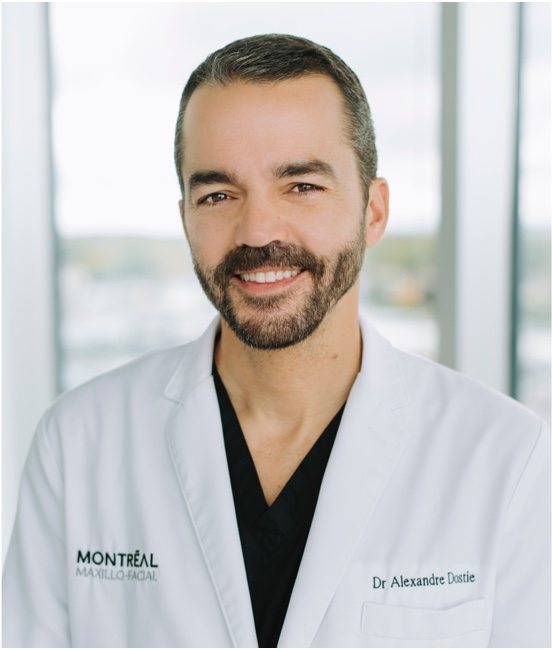
Dr Alexandre Dostie
DMD FRCD(C) DIPL. ABOMS
Our surgeons, doctors Alexandre Dostie and Olivier Béchard, are certified by the Royal College of Dentists of Canadaa national standard that all patients should seek in a specialist. They are experts in various fields of their specialty such as:
- The administration of intravenous sedation, used in the vast majority of their patients to treat comfortably and smoothly;
- The extraction of third molars, better known as wisdom teeth;
- The planning and placement ofdental implants, dont les teeth-in-a-daytechnique, graftless solutions and zygomatic implants.
OUR SERVICES
INTRAVENOUS SEDATION
INTRAVENOUS SEDATION
Extraction of wisdom teeth, placement of dental implants or any other oral surgery procedure can generate stress and anxiety. To ensure your comfort, our qualified team can administer intravenous sedation. The medication used will allow you to sleep while our surgeons complete your care. You will not remember the operation, which will take place in the comfort and safety of our offices in Brossard and Pointe-Claire.
INTRAVENOUS SEDATION
A WELL-ESTABLISHED STANDARD
Intravenous sedation is a well-established standard of care in oral surgery and implantology. Since these procedures often generate stress and anxiety we offer this safe, and much appreciated, service to make them comfortable and easy to tolerate.
Intravenous sedation is ideal for extraction of teeth, such as wisdom teeth, for placement of dental implants and for other office-based surgical interventions.
SLEEP DURING THE PROCEDURE
Sedation increases comfort by reducing both physical and psychological stress. An added benefit of this technique is to allow the surgeon to provide care in optimal conditions thereby increasing quality and promoting better results. The purpose of sedation is not to achieve general anesthesia; local anesthesia is still required.
Conscious sedation, such as that administered daily in our offices, is an effective, predictable and safe technique. You can trust our team.
COMFORTABLE SLEEP
The drugs used (ie benzodiazepines and opiates) have an amnestic effect which causes the majority of patients to not even remember the procedure, making them feel like they slept through it. Those who do remember the procedure generally keep only a vague memory of it, without discomfort, pain or stress.
A SAFE INTERVENTION
From a safety standpoint, the drugs we use are the most commonly used in the field. Multiple team members are present during the procedure. Vital signs are monitored throughout and, although extremely rare, our surgeons and their team are trained and equipped to handle all emergencies that may arise.
WISDOM
TEETH
WISDOM
TEETH

Wisdom teeth are the last teeth to develop and they usually erupt in the late teenage years. Most people do not have enough space in their mouth to accommodate those teeth. Therefore, their malposition can lead to complications such as pain, infection, and even cysts or tumours. It is important to monitor their development in order to remove them as soon as a lack of space is identified.
THE LAST TEETH TO DEVELOP
Wisdom teeth, or third molars, are the last teeth to develop and appear in the mouth. They are called “wisdom teeth” because they usually appear during a person’s late teens or early twenties, which has been called the “age of wisdom”.
LACK OF SPACE IN THE MOUTH
The jaws of modern humans are usually not large enough to accommodate the four wisdom teeth. This is why wisdom teeth cause a lot more problems than any other teeth. In fact, for nine out of ten people, at least one wisdom tooth remains underneath the gum due to lack of space in the mouth.
9 out of 10 people do not have enough room to accommodate their wisdom teeth.
pour accueillir leurs dents de sagesse.

IMPACTED WISDOM TEETH
When a wisdom tooth is blocked from erupting or coming into the mouth normally, it is termed “impacted”. A tooth may be partially impacted, meaning it grows in crooked and breaks through the gum only partially, or it may fail to break through at all and thus remains totally impacted. Serious problems can develop from an impacted or partially impacted tooth, such as pain, infection, cysts or tumors and crowding of, or damage to, adjacent teeth.
A SAFE INTERVENTION
An impacted or semi-impacted tooth can cause pain and infection, and even damage to adjacent teeth.
Many problems with wisdom teeth can occur with few or no symptoms. There can be significant damage without you knowing it. It is important to know that as wisdom teeth develop, their roots become longer and the jaw bone denser. Thus, as a person grows older, it becomes more difficult to remove wisdom teeth and complications can become more severe. In addition, as people age there is an increased chance of seeing the symptoms mentioned above. For these reasons, the surgeon may recommend the removal of wisdom teeth even if they are not yet causing obvious problems, particularly for young adults.
DENTAL
IMPLANTS
DENTAL
IMPLANTS
Artificial teeth can be supported by dental implants that provide stability and strength. These implants are actually screws made from one of the most biocompatible metals that exists, titanium. Thanks to this property, the implant integrates completely within the jawbone. Thus, dental implants are an excellent alternative to bridges on natural teeth, removable partial dentures or even traditional full dentures which are cumbersome, unstable and difficult to clean.
OSSEOINTEGRATION PROCESS
Dental implants are titanium screws placed into the jaw bone to support artificial teeth such as single crowns, bridges or complete dentures. Titanium is one of the most biocompatible metals, meaning that bone heals around the implant after placement and attaches to it directly. This process is called “osteointegration”.
Conventional partial or complete dentures are often mobile and bulky, they cover the palate and can interfere with speech or chewing. Dental implants thus provide a stable solution to those problems. Adequate chewing and a feeling of natural tooth can thus be restored.
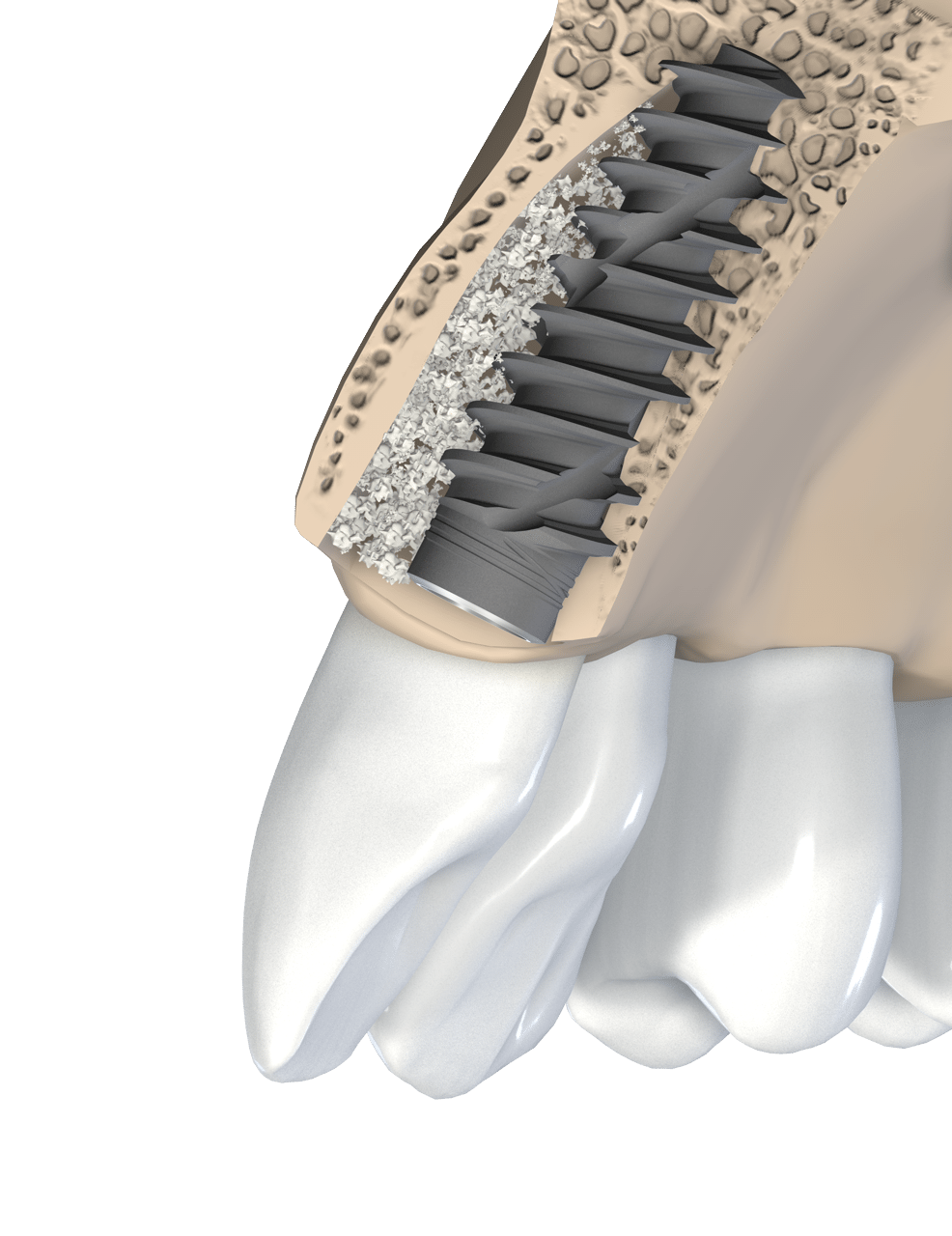
Dental implants are a reliable, aesthetic and functional solution for replacing one or more teeth.
SUSTAINABLE TREATMENT
They are also used when one or two teeth are missing and a conventional bridge would involve grinding down the natural teeth on either side of the missing tooth or teeth. Replacement of teeth with dental implants also eliminates the area under a conventional bridge that traps food and can be difficult to keep clean.
Many patients who were told in the past that they were not candidates for dental implants can now be treated utilizing state of the art surgical techniques.
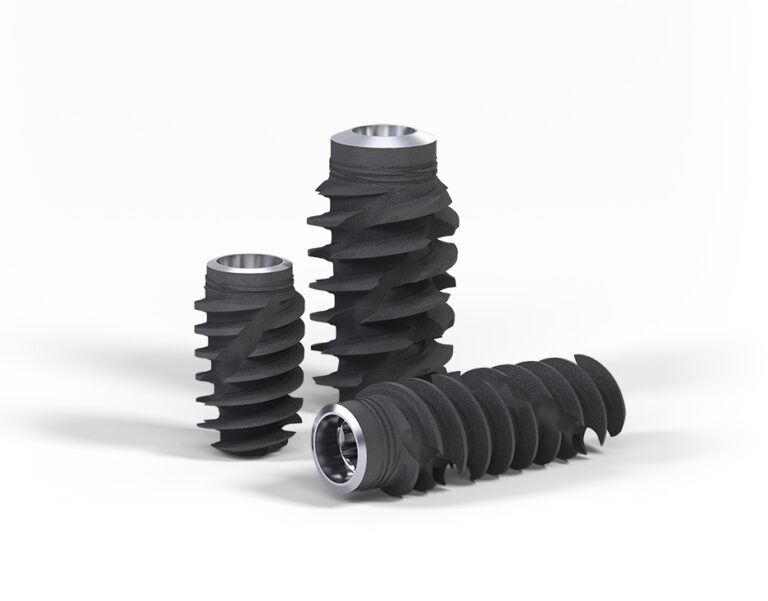
1. Placement of implant and integration
If dental implants are recommended, the procedure will be done in two phases. During phase one, the dental implant will be placed into the jaw bone. For the following few weeks, the implant will remain in place while it integrates in the bone. Most patients can wear a provisional denture during this time.
2. Fabrication and placement of the crown
During phase two, a new crown, bridge or denture will be made by your dentist.
It is recommended that these treatments be provided by two separate teams because of the differences in skill requirements.
WHY A BONE GRAFT?
A dental implant is only as solid as the bone in which it is placed. Most dental implants can now be placed in the jawbone without the need for a bone graft. However, there are instances where bone is insufficient, or too thin, to insure that the implant will be solid for the rest of your life.
We will use bone grafts in the following situations:
- during the extraction of a compromised or infected tooth in preparation for future implant placement;
- before or during the placement of an implant in thin bone;
- before or during the placement of an implant near the sinus.
Nowadays, it is rarely necessary to harvest your own bone for the graft. We use, with great success in our practice, human bone (from donors), animal bone or even synthetic bone.
Your surgeon will determine, with you during your exam and using radiographs, if a bone graft is required for your dental implant treatment.
SURGERY SPECIALISTS
IN POINTE-CLAIRE AND BROSSARD
POINTE-CLAIRE
Bureau fondé en 1987
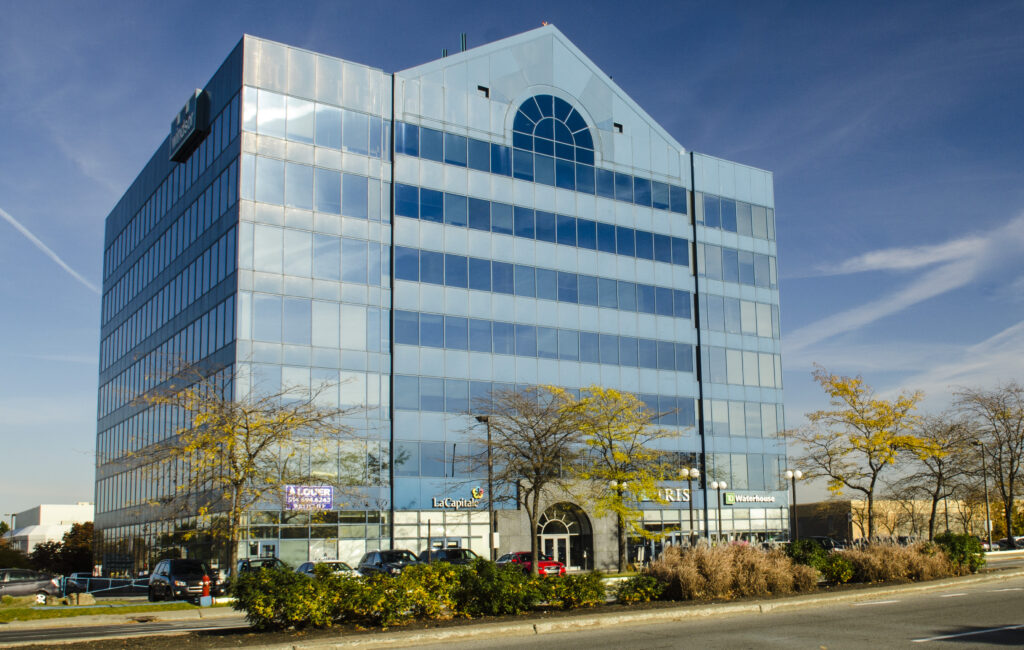
BROSSARD
First LEED-certified dental office in Canada


- MAP
- PARKING
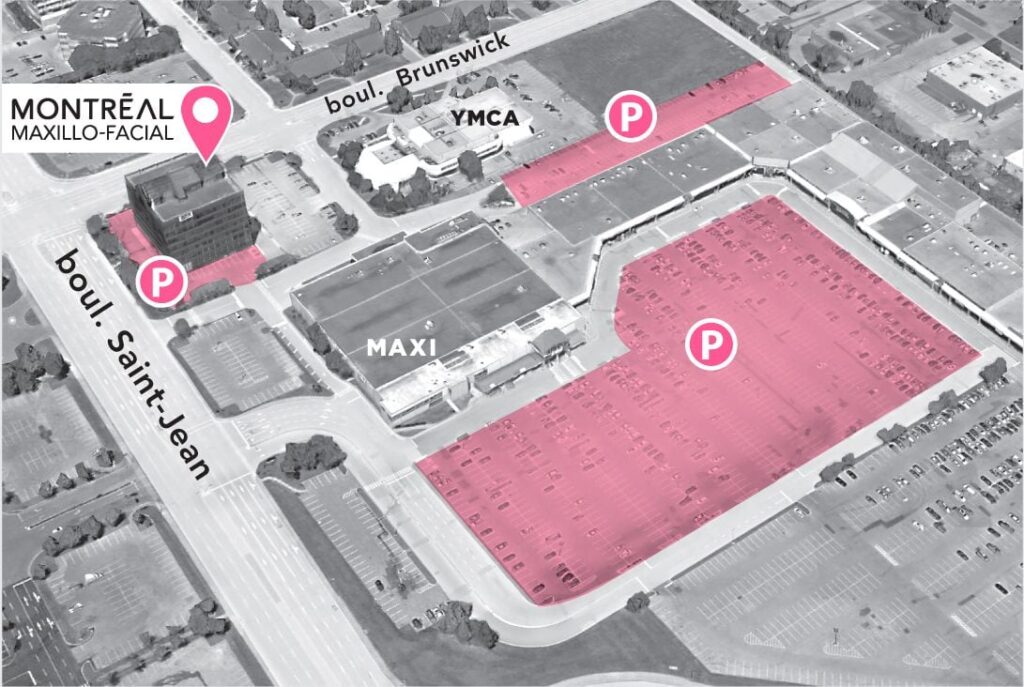
- MAP
- PARKING
